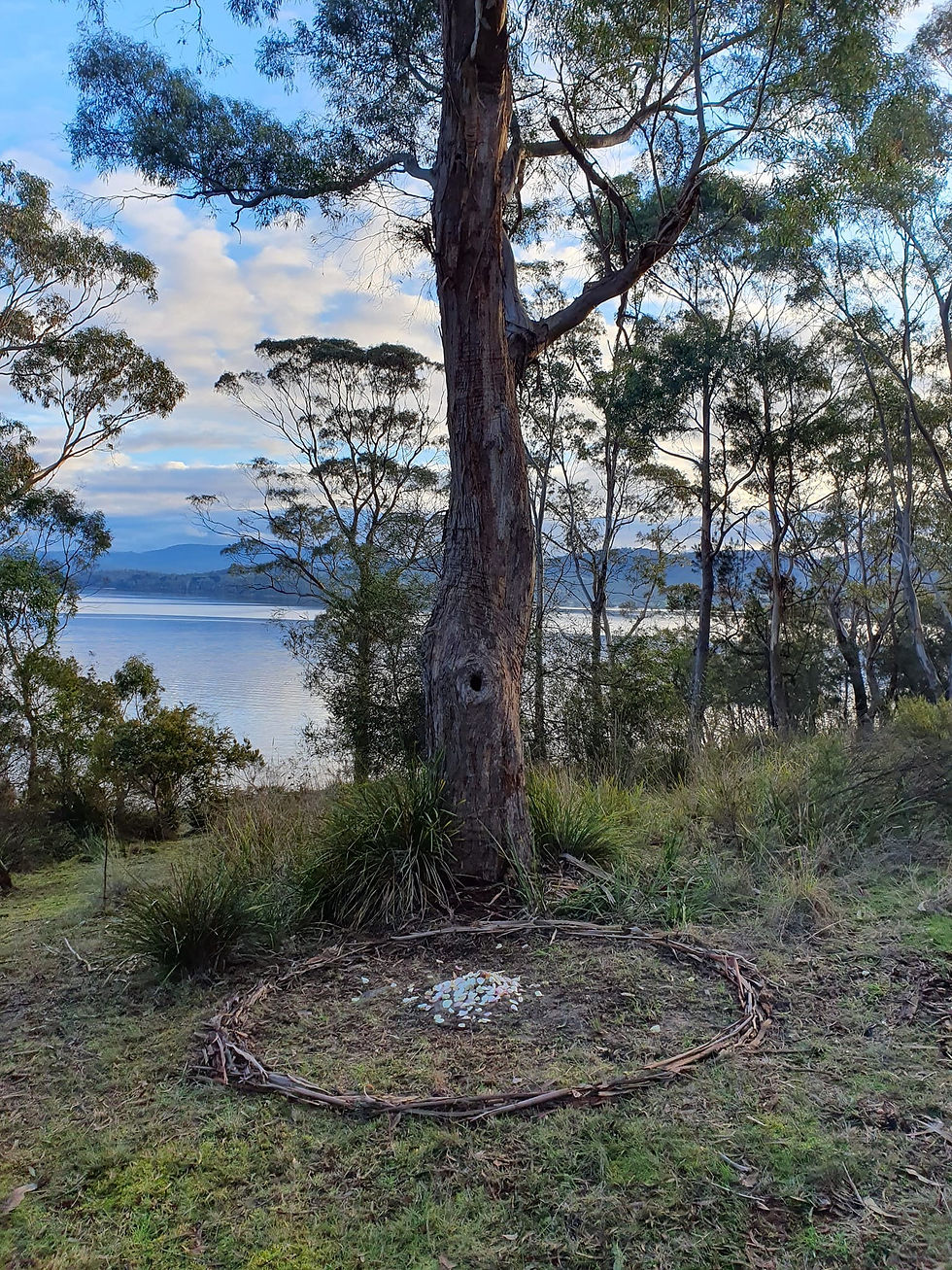Portuguese Migrants and Village Death Practices
- Alex Antunes

- Jan 14, 2024
- 3 min read
Updated: Jul 16, 2025
I did not have a strong relationship with my grandparents. I was child of Portuguese migrants. They worked hard to give me the educational opportunities that they did not have in their rural village of Beira Baixa, Portugal. I benefited with access to Melbourne’s tertiary education opportunities and the multicultural melting pot of Richmond in the eighties and nineties. My grandparents and extended family were in Portugal. Apart from a few holidays and phone calls, they were foreigners to me.

On my holiday when I was 16, I saw how my maternal grandparents cared for their aunt. Caring for the aged was part of the rural community life they lived, but it appears from photo evidence that I was more interested in posing for a grunge band promo shot. *See photo to side
It was only after all my grandparents and my father had died that I started asking my mum questions such as “When did you first learn about death?” I learnt that my maternal grandmother, Prazeres, not only cared for the elderly and dying, but that this care continued beyond death. After a death, she would wash and dress those who had died. There were some people in the community who were emotionally available to do this, and she was one of them. I imagined the tears falling during the undressing and last cleanse, the shirts ironed and tucked, the skirts pulled over, that hair combed and maybe some chin hairs plucked. Those who knew and cared for the person, would know these details.
In my grandmothers village, Vale Das Ovelhas, there would always be at least one coffin made up ready for use. Most people had chosen an outfit, and these were stored in a separate drawer. My grandmother's death drawer included a shirt, I could see my mum comb through distant memories to recall. “I think it was a pink floral shirt, the fabric being a little itchy” but she said the colours would search her when she was dead.
Others in ‘Vale Das Ovelhas’ would be the pallbearers. Six at a time they would transport the deceased 8km to the church, for a burial in the nearby burial ground. An extra 6 people walking alongside to take over when the weight became too hard to bear. I imagine the weight, and the pain of that journey, the sound of the footsteps made in unison. A beat to contain the sorrow and grief; the physical pain reflecting an emotional pain and loss. The journey back perhaps including conversations of the lighter matters, jokes and aspects of rural village life while a flagon of wine is shared and emptied.
I compare this to the Funeral Home experiences for the generation of migrants here is Melbourne. The resignation of “this is how it’s done here” and I think there has got to be a better way, and the migrants in this community deserve better.
When I speak to more outspoken people in the community, I hear that we want to have processions, we want to be able to walk and pray alongside our person. Our prayers are sometimes chants or songlines. We want to sing them loudly. We want to meet in our community settings without judgement. Some like the personalised ceremonies which are so prevalent in the secular setting, others prefer the talk for the wake, what seems to be common is the desire to have time with our people, with our music and language. For too long we have been good migrants, working and not making a fuss. We have wanted to ‘fit in’’. It’s time to define the culture of our past, the diaspora we live in and modern techniques to entwine with ways that are specific to us.




Beautifully written and remembered Alex. Thank you